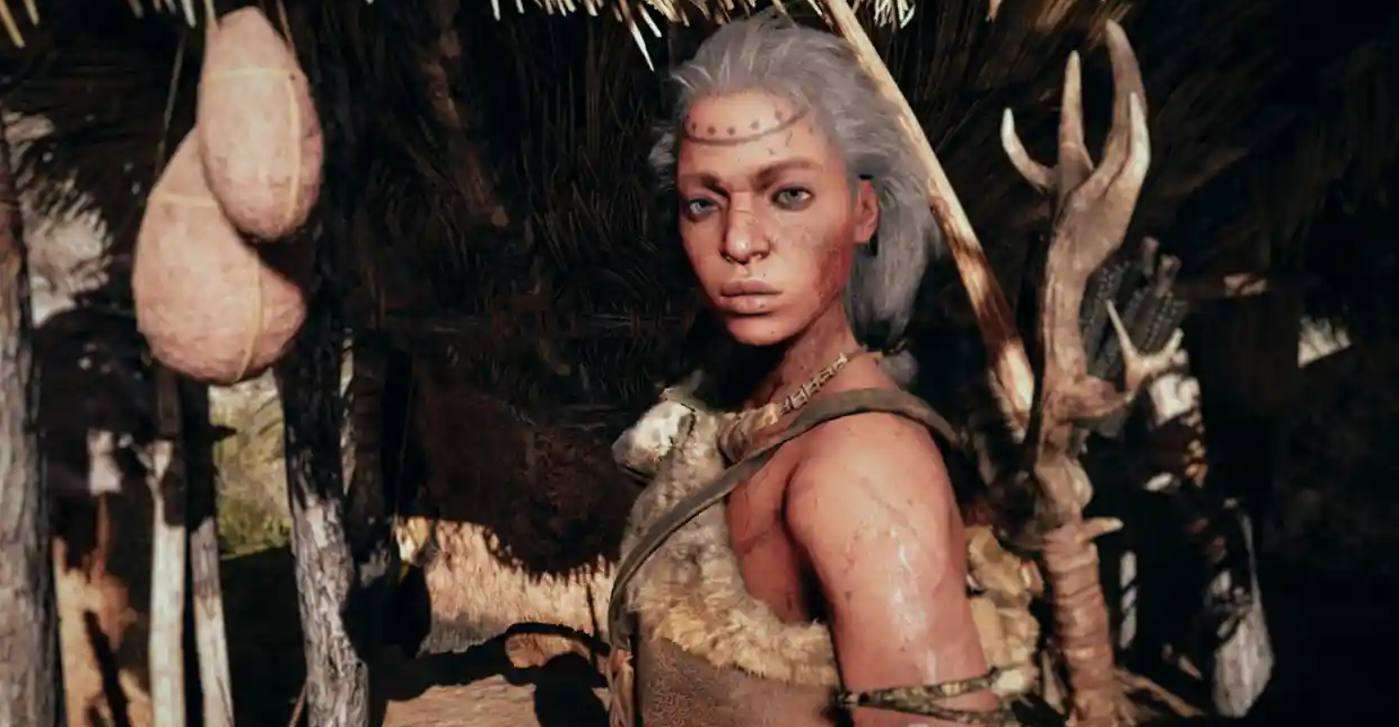Boy Asked Frank Lloyd Wright to Design Him a Dog House - And He Did
Recently, the smallest building Wright ever designed went on permanent exhibition inside the largest building he ever designed.

A new book and accompanying documentary compiles fascinating and recently-collected evidence on the wide variety of work Paleolithic women got up to.
Lady Sapiens: the Woman in Prehistory focuses on a period called the Upper Paleolithic, or about 10,000 to 40,000 BCE, and examines etchings and archeological findings from Peru, Germany, the U.S, and Italy.
Lead author Jennifer Kerner shows that women were not just foraging but also hunting; they were not only caring for children but were also building shelters and traps‚ and making art.
The opening of the documentary focuses on a site in Wilamaya Patjxa, Peru, where a young woman, not even 20 years of age, was placed in a grave alongside hunting tools which included projectile points, hide scrapers, and a flint knife—the Paleolithic equivalent to the most modern Hoyt archery tackle.
It's not such a surprise that women were involved in a greater variety of tasks than has previously been suggested: Living off the land is anything but "simple" and can be challenging even in the richest of environments. Cooperation between all the people of a community—where both sexes were taking on vital tasks—would have helped lead to human flourishing.
A further ten sites examined around eight-to-twelve thousand years ago in North America yielded similar grave goods, adding a cross-cultural element to the theory of ‘Woman: The Hunter'. There's substantial evidence that female and male hunters were taking on small game hunting for both aquatic and terrestrial animals, similar to the Martu people in Australia—where women carry their children around while hunting for goanna, a large lizard.
"She [a prehistoric woman] could hunt," Thomas Cirotteau, one of documentary makers, told the Guardian. "She had a very important economic role. She could do art, and the link between men and women could be very respectful and full of tenderness," he said.
The upcoming documentary uses video game-style graphics by Ubisoft to colorize a Paleolithic world filled with women and men working side-by-side, paralleled by the researchers working side-by-side in the present day to uncover the details of their lives.
The whole documentary is currently available in French with English subtitles.
(WATCH the film below.)
GATHER Up the Good News; Share This Story With Friends…
Be the first to comment